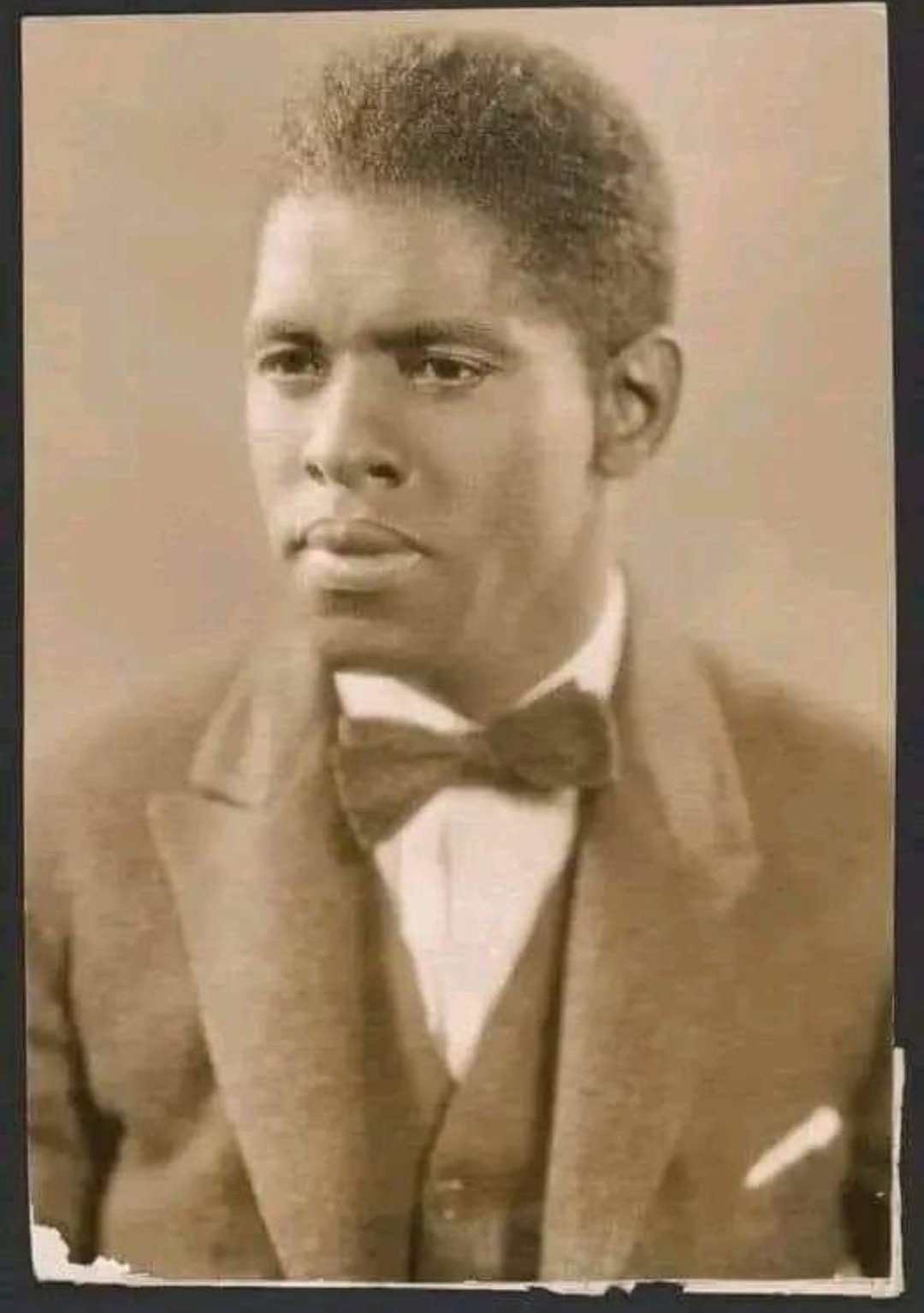-
Francis Akenami posted in the group The Conversation
• 3 weeks, 3 days agoAs the story goes, Roland Hayes, an American tenor who some considered the greatest of his time, came to Germany for a performance in 1927. In advance of his show, a newspaper published a column questioning Roland’s ability to perform German songs. When Roland took the stage, the crowd booed him. And while he would call this one of the most frightening moments of his life, he stayed calm, changed the song order, and began singing “Du bist die Ruh,” a German favorite. As he sang, the taunts turned into cheering and then to the pounding of walking sticks, which was the ultimate sign of audience approval for the time.
Roland’s experiences with racism were a norm throughout his career, especially in the beginning. When starting, he was told in the U.S. “that no one of my race would ever be accepted in music.” But the young man from Curryville, Georgia, continued performing. The feedback about potential work in the U.S. led Roland to perform in Europe, where he found success. And that success opened opportunities for him back in the U.S.
Roland achieved much stardom over the years while bringing many much joy. And as he grew in stature, he never forgot his local roots, helping other African-Americans such as Marion Anderson through performance opportunities. Later in life, Roland became a voice teacher.1 Comment




















To God be the Glory